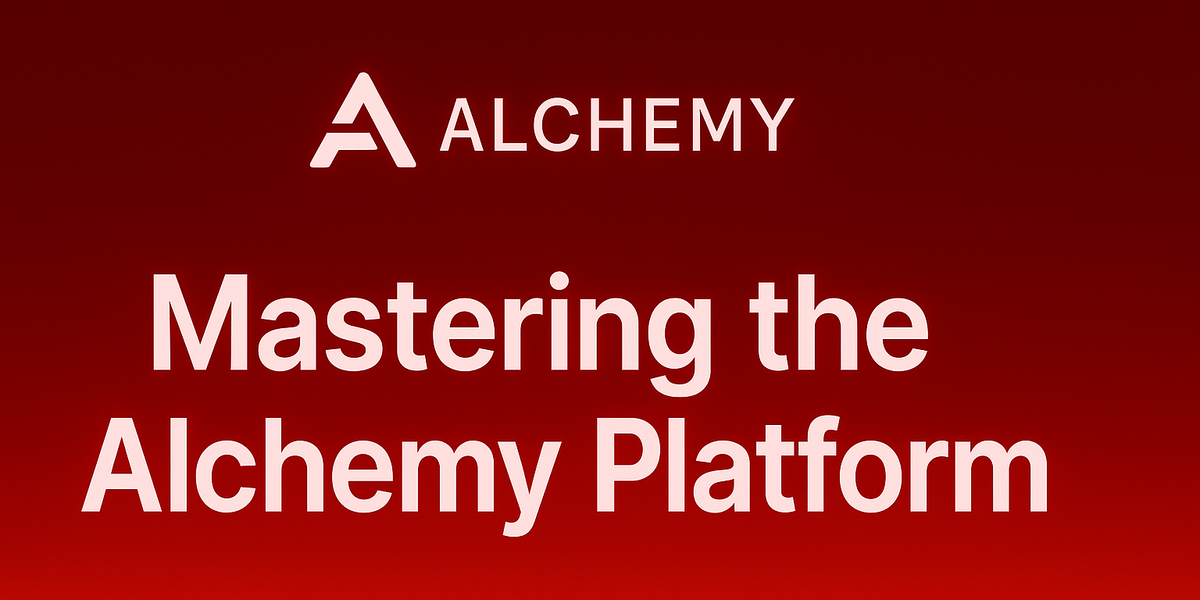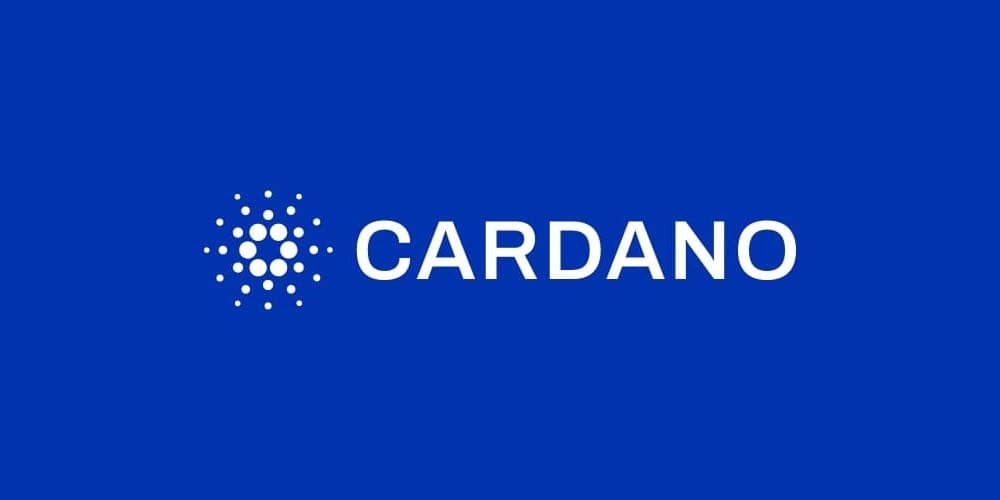VeChain has recently secured regulatory compliance under the European Union's Markets in Crypto-Assets Regulation (MiCAR) for its VET and VTHO tokens. This achievement marks a significant milestone for VeChain as it aligns with European regulatory standards, opening new doors for business expansion and adoption across the EU. Gaining compliance with MiCAR allows VeChain to strengthen market trust among investors, businesses, and regulators, securing its long-term position in the competitive world of blockchain. As the demand for regulated crypto assets grows in the EU, VeChain's adherence to MiCAR gives it a strategic edge over competitors hesitant to embrace oversight.
Understanding MiCAR and Its Importance
MiCAR is a regulatory framework introduced by the European Securities and Markets Authority (ESMA), aiming to standardize cryptocurrency regulations across the 27 EU member states. The framework enhances market integrity, ensures investor protection, and provides clarity to blockchain projects operating within the region. By implementing uniform compliance measures, MiCAR seeks to eliminate regulatory arbitrage and bring cryptocurrencies under a clear legal structure. Companies compliant with MiCAR gain passporting rights across the EU, eliminating the need for country-specific approvals, which simplifies operations. As the MiCAR framework is rolled out in phases through 2025 and 2026, its impact on the cryptocurrency industry will likely set precedents for global regulatory approaches.
How VeChain Achieved MiCAR Compliance
To meet MiCAR requirements, VeChain followed a rigorous process, which included submitting whitepapers for its VET and VTHO tokens to ESMA. The European authority reviewed and confirmed compliance, granting VeChain the ability to operate within the EU under the standardized regulatory framework. MiCAR compliance allows VeChain to passport its services and business operations across all EU member states without additional regulatory burdens. The approval process ensured that VeChain met stringent transparency requirements, providing detailed disclosures on its technical, economic, and governance structures. By embracing these directives, VeChain proves that regulatory readiness fosters credibility and wider adoption. This step may encourage other blockchain companies to work toward compliance, understanding that adhering to guidelines can ultimately facilitate smoother market entry.
Comparing VeChain’s Compliance Efforts with Other Blockchain Platforms
Several blockchain companies are actively working toward regulatory compliance, but VeChain is among the frontrunners in securing MiCAR approval. Unlike many crypto projects that struggle with uncertain regulation, VeChain has taken a proactive approach in adhering to European standards. Compared to other blockchain ecosystems, VeChain’s structured compliance strategy gives it a strategic advantage in the EU market, ensuring longevity and trust. While many blockchain firms hesitate due to the complexities of regulatory procedures, VeChain's success in securing compliance highlights the benefits of early preparation. In contrast, projects lacking regulatory approval may face roadblocks in accessing European markets, limiting their growth potential. VeChain’s forward-thinking compliance effort positions it as a model for other blockchain companies eager to participate in institutional finance and enterprise solutions.
The Potential Impact on VeChain’s Adoption and Business Growth
With the MiCAR compliance status, VeChain is poised for expanded adoption within the EU. Enterprises looking for a regulated blockchain solution may find VeChain's regulatory approval reassuring. Moreover, the ability to seamlessly operate within all European member states enhances VeChain’s attractiveness to investors and businesses seeking compliant cryptocurrency solutions. Companies requiring transparent and auditable blockchain networks are likely to be drawn to VeChain’s well-defined framework. Furthermore, with VeChain's commitment to compliance now established, institutional investors who previously refrained from engaging with crypto projects due to regulatory uncertainty may now reconsider. As financial institutions and technology-driven enterprises seek partnerships with regulated blockchain providers, VeChain's newfound status strengthens its potential as a preferred choice in European business landscapes.
Implications for the Broader Cryptocurrency Market
VeChain’s compliance with MiCAR sets a precedent for other blockchain projects aiming for regulatory clarity in the EU. It signals that cryptocurrency projects embracing regulation can gain competitive advantages and foster broader adoption. As MiCAR implementation continues through 2025 and 2026, more blockchain projects may follow VeChain’s lead, strengthening legitimacy within the sector. The widespread adoption of MiCAR could reshape the crypto ecosystem, transitioning it from an often-unregulated space toward a structured financial industry. Projects that comply early may benefit significantly, while those avoiding regulatory mandates could face restrictions, legal issues, or reduced market access. VeChain’s move toward compliance is not just beneficial for its growth—it establishes a benchmark for responsible blockchain projects worldwide.
Conclusion
VeChain’s MiCAR compliance is a major milestone for both the company and the broader cryptocurrency industry. By aligning with EU regulations, VeChain enhances its credibility, expands its market reach, and paves the way for sustainable growth. As the regulatory landscape continues to evolve, VeChain’s success story could serve as a blueprint for other blockchain projects striving for compliance in a global financial ecosystem. Crypto projects hesitant to embrace compliance should take note of VeChain’s strategic positioning, as regulatory alignment is becoming increasingly necessary. The legitimacy afforded by compliance will open avenues for institutional investment, cross-border applications, and higher user adoption. Moving forward, VeChain’s success story may inspire a new wave of regulated crypto enterprises, ultimately benefiting the blockchain industry as a whole.





Comments